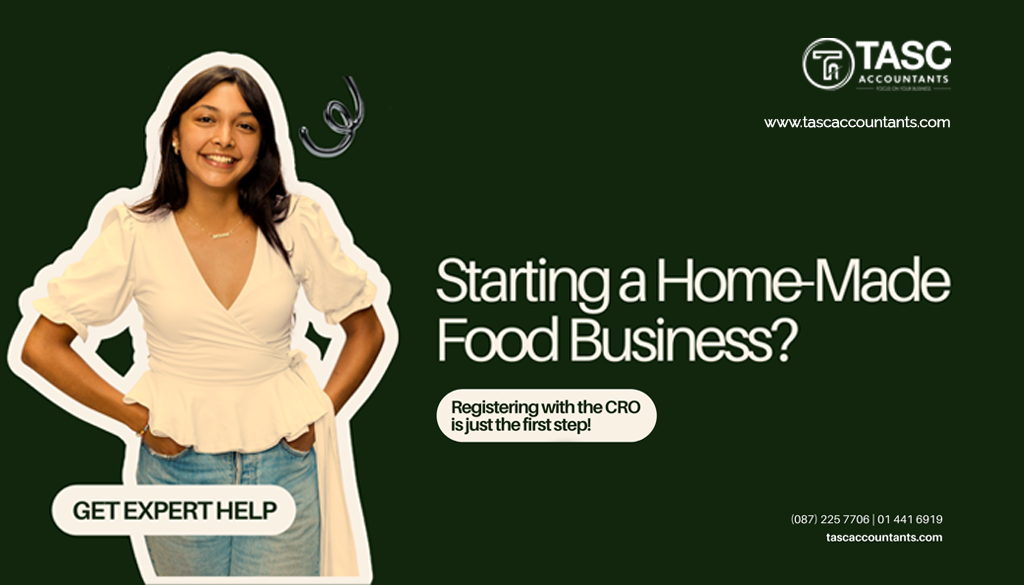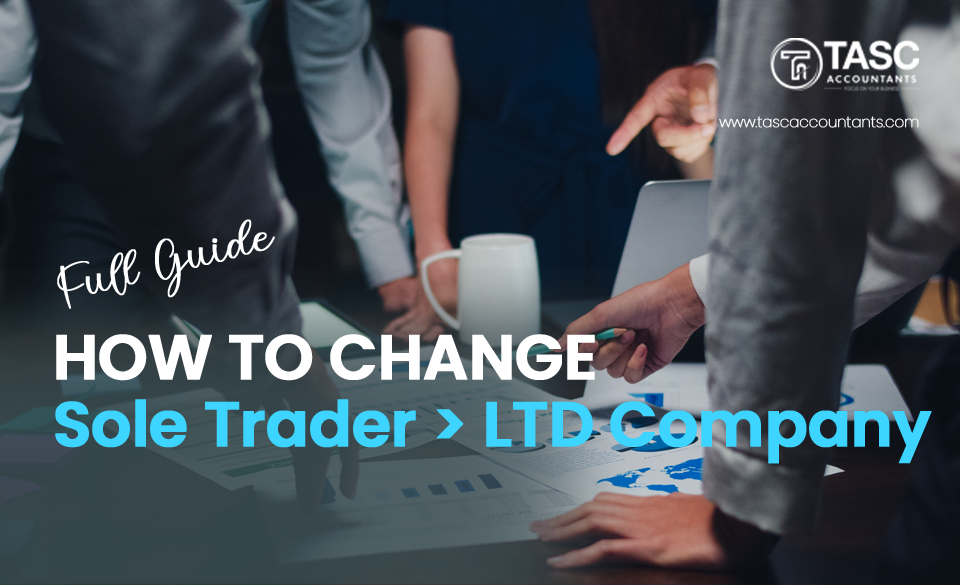This guide breaks down the key steps you need to take to set up your homemade food business...
Set up a Company Limited by Guarantee Get a detailed guide on its benefits, registration steps, and...
Check out the upcoming e-invoicing and VAT rules of EU, why they matter to Irish SMEs, and the...


 Cleanliness and hygiene standards
Cleanliness and hygiene standards

